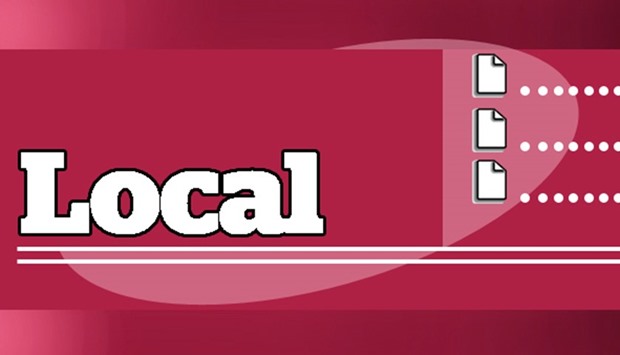According to Coface, Qatar’s economy is expected to “remain resilient” this year, despite a GDP growth of 2.7% in the first quarter (QoQ), after a 4.1% growth in the last quarter of 2016. Inflation should level off in 2017.
However, Coface said prices are decreasing for housing, recreation and restaurants, which could foster consumption.
“Nevertheless, the introduction of a uniform 5% VAT rate across all GCC countries, approved in early May is expected to increase prices after being implemented in 2018,” Coface noted.
The oil and gas sectors were suffering from the fall in energy prices, but they should help support growth in 2017 with the start of production at the Barzan facility.
The non-oil and gas sectors were dynamic in 2016, and they will continue to be, driven by construction (+11.7% QoQ in the first quarter of 2017) and the services sectors.
Qatar’s Construction sector remains one of the “leading beneficiaries” of the government’s investment policy for the FIFA World Cup 2022, it noted.
Although a “moratorium” has been imposed on new projects, already scheduled investments are substantial and estimated at the equivalent of almost $180bn. The services sector (financial services, property and telecommunications) should see “strong growth” in 2017.
“However, a prolongation of the diplomatic crisis between the country and its neighbours could make it more difficult to import materials needed for construction projects of the World Cup,” the report noted.
However, Qatar has found substitutes with imports from Turkey, and it has enough resources ($335bn of assets in its sovereign wealth fund) to compensate macroeconomics shocks, Coface said.
The public balance dropped into its first deficit in 2016 after years of surplus. Budget incomes, dependent both on oil and gas revenues (more than 40% of total budget revenues) and transfers from para-public entities related to the hydrocarbons sector, were doubly hit by the fall in the crude price, the report said.
Despite its very substantial assets, the country is planning on financing the public deficit both with indebtedness on the international markets.
Qatari banks remain well capitalised and profitable, despite the impact of declining oil and gas revenues now starting to affect their health, the report said.
However, Coface said the “expected tightening in US monetary policy and the amount of capital committed to the country’s infrastructure projects pose a high risk” in terms of banks’ liquidity levels, through pressure on deposits.


